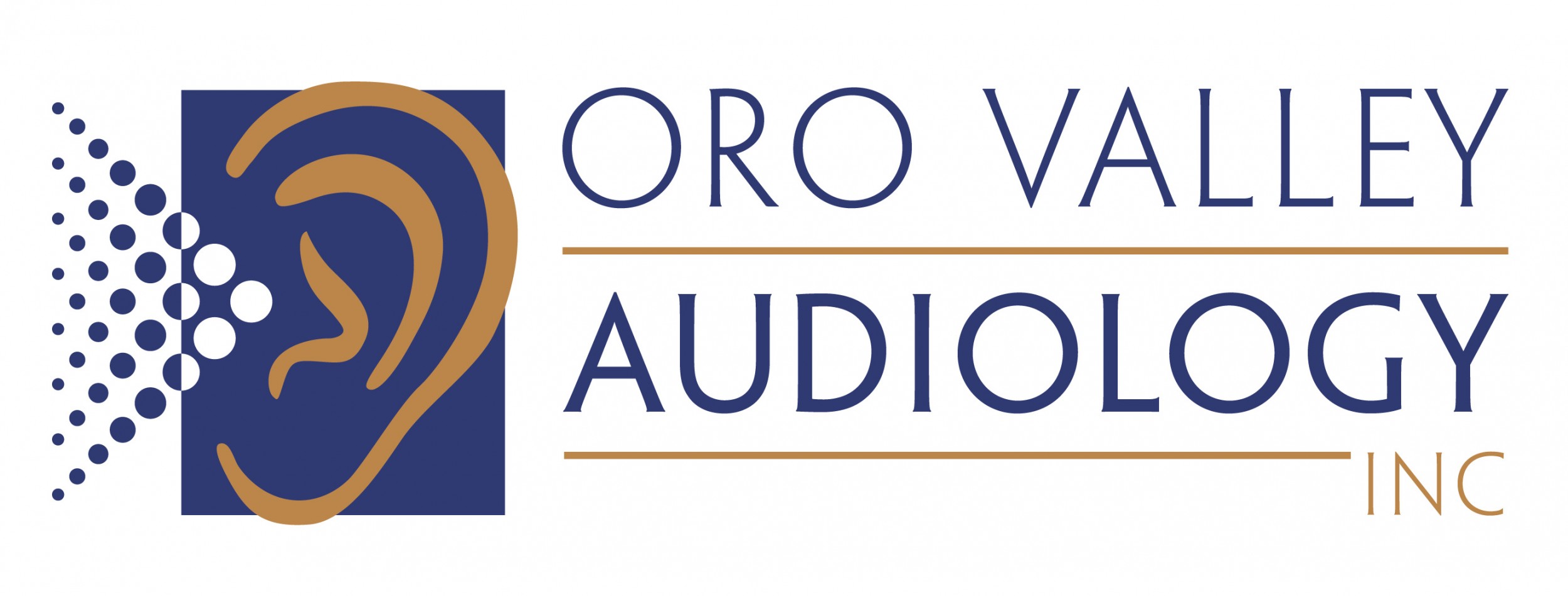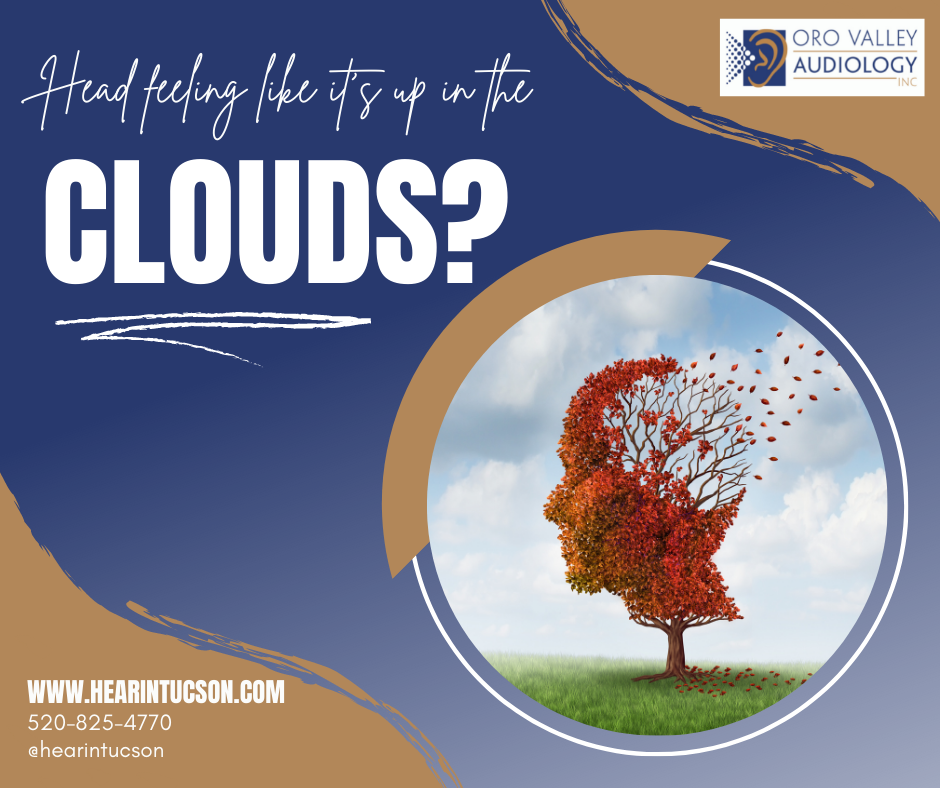Since 2020’s pandemic, our world has been evolving. Those who had COVID-19 may have experienced cough, shortness of breath, headache, fatigue, and fever. These symptoms are well known, but research about the aftermath of COVID-19 is still ongoing.
According to Talya Fleming, M.D., research has discovered that about 20 to 30 percent of COVID-19 survivors may experience brain fog that makes everyday tasks difficult. Brain fog may also affect one’s ability to remember and concentrate. (Can COVID-19 cause brain fog, 2021.) According to Harvard Health Publishing, brain fog is not an official medical term but a way that patients can describe how they feel when their thinking clouds. (What is COVID-19 brain fog and how can you clear it, 2021.) Brain fog may also include difficulty hearing and understanding in challenging listening environments.
Recently, Robert M. DiSogra, Au.D., presented research that analyzed MRI imaging following COVID-19 and its long standing effects on the brain’s auditory process. The changes present in specific auditory areas could likely affect auditory processing abilities as well, meaning that brain fog may be associated with auditory processing disorder. (Is COVID-19 “Brain Fog” Actually an Auditory Processing Disorder, 2022.)
Auditory processing can be defined as “what the brain does with what the ears hear.” Significant difficulty with auditory processing is often described and diagnosed as Central Auditory Processing Disorder and can affect functionality, binaural processing, and listening in complex acoustic environments. Adults with Central Auditory Processing Disorder may hear a sound but not make sense of it. They may also have difficulty following verbal instructions, locating sounds, remembering, and staying focused.
What should you do if you are experiencing brain fog symptoms such as difficulty hearing and understanding in the presence of background noise?
If you are experiencing the symptoms listed above, it is important for you to discuss long standing effects of COVID-19 with your primary care physician. After, your doctor may recommend you to an audiologist for an Auditory Processing evaluation to further examine your hearing sensitivity and processing abilities. Scheduling a comprehensive hearing test is the best course of action, since the audiologist will need to first determine your hearing ability. Should results from this evaluation be within normal limits, the audiologist will likely recommend a Central Auditory Processing evaluation.
After the evaluation, if the audiologist finds auditory processing difficulties or diagnoses a Central Auditory Processing Disorder, he may recommend specific intervention. Current intervention options include but are not limited to auditory training, amplification, environmental modifications, and assisted listening devices. Intervention and recommendation options will be discussed in detail between you and your audiologist to determine the most appropriate action plan. Additional testing from other specialties such as Neuropsychology may be recommended. There is not one sure-fire way to treat Central Auditory Processing Disorder. Intervention and recommendations are individualized to meet your specific needs. At Oro Valley Audiology we do this testing and are able to make the test battery unique to each person’s challenges!
If you are experiencing concerns about your auditory processing abilities, Oro Valley Audiology is the clinic for you. Amidst this ever-changing global pandemic, Oro Valley Audiology is here for you. Together we will determine any difficulties you may be experiencing and create an action plan that best fits you and your lifestyle.
We look forward to working with you soon!
References
Budson, E. Andrew. What is COVID-19 brain fog-and how can you clear it? (2021).Harvard Health Publishing, Harvard Health Blog. Retrieved fromhttps://www.health.harvard.edu/blog/what-is-covid-19-brain-fog-and-how-can-you-clear-it-2021030822076
DiSogra M, Robert. Is COVID-19 “brain fog” actually an auditory processing disorder? (2022). American Academy of Audiology. Retrieved from https://eaudiology.audiology.org/products/is-covid-19-brain-fog-actually-an-auditory-processing-disorder-01-aaatier-1-ceus#tab-product_tab_overview
Fleming, Talya. Can COVID-19 cause brain fog? (2021). Hackensack Meridian Health. Retrieved from https://www..org/en/HealthU/2021/08/11/can-covid-19-cause-brain-fog#.YheqVejMLIU


